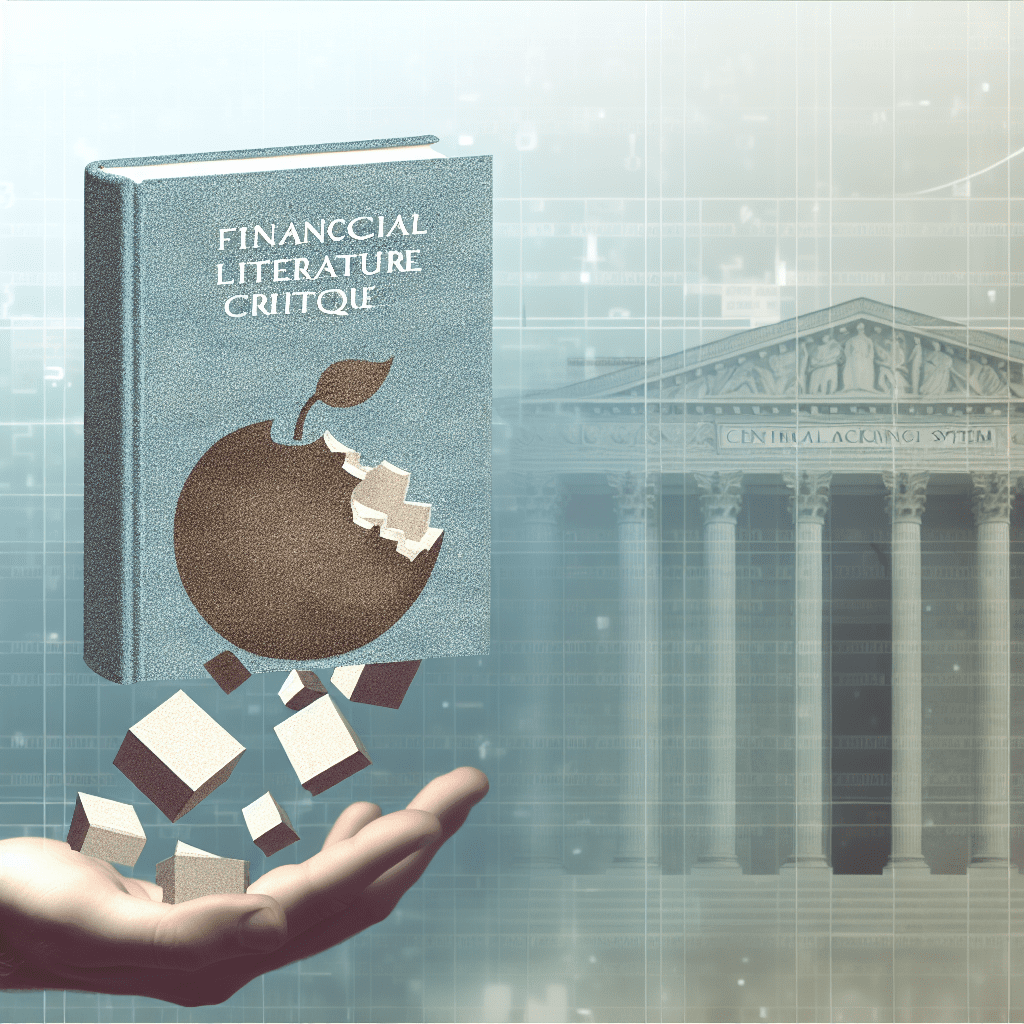Rich Dad Poor Dad author Robert Kiyosaki, a staunch advocate for Bitcoin, criticizes the education system for teaching children to earn an inflationary currency while espousing the benefits of Bitcoin.
“Poor individuals lack understanding of what true money is. Our educational system, including my poor dad and professors, indoctrinates and trains young people to work for fictitious money.”
“Attending school, obtaining a job, working hard, saving money, and investing in a 401(k) filled with poor investments,” Kiyosaki stated during a podcast hosted by Jordan Walker, Co-Founder of Bitcoin Collective, on Wednesday.
Kiyosaki was unreserved in his criticism of central banks, comparing them to “criminal organizations” and labeling them as “Marxists,” arguing that each time central banks print money, the rich become wealthier while other economic classes suffer.
“Every time you print money, you generate this fictitious currency. People like me prosper, but the middle class dwindles.”
As per the US Bureau of Labor Statistics’ headline inflation calculator, someone holding $1,000 from August 2000 to August 2025 has nearly lost 47% of their purchasing power due to inflation.
Although the Federal Reserve has a target of 2% inflation per year, it has failed to achieve that threshold since 2021. August’s headline inflation recorded at 2.9%, with core inflation at 3.2%.
Simultaneously, BTC has surged over 900% in the last five years, rising from about $11,670 to nearly $117,200 as of this writing, according to CoinGecko.
Robert Kiyosaki wishes he had more than 60 Bitcoin
The American author shared that it took him a considerable time to grasp Bitcoin, but he began purchasing it at the $6,000 mark and currently holds 60 BTC, valued at around $7 million.
“When Bitcoin was launched, I took my time to comprehend it. I bought it at $6,000, and I often think, ‘Why didn’t you purchase more, fool?’ But right now, I only have about 60 Bitcoin,” Kiyosaki remarked.
Kiyosaki disclosed that he now channels the income from his rental properties into acquiring oil, gold, silver, Bitcoin, and Ethereum.
In April, Kiyosaki forecasted that Bitcoin could hit the $1 million milestone in the next decade.
Despite his optimistic view on BTC, Kiyosaki has previously expressed a contrarian stance regarding the asset, suggesting that “there’s a chance gold, silver, and Bitcoin will also crash,” and that’s when he will start acquiring more of these assets.
He also advised investors to be wary of ETFs, labeling them as “paper assets” vulnerable to bank runs; however, Kiyosaki acknowledged that ETFs are the most accessible route for retail investors to invest in assets.
Countries suffering from inflation
Kiyosaki’s statements during the podcast hold some truth. Inflation, particularly hyperinflation, diminishes the purchasing power of everyday individuals.
Interestingly, citizens in nations where inflation erodes their savings are increasingly turning to crypto to safeguard their finances.
Related: Bitcoin’s role as an inflation hedge depends on geographical context — Analyst
The people of Venezuela have started utilizing stablecoins, especially Tether (USDT), in their daily transactions, as the annual inflation rate soared to 229%.
At the year’s onset, one US dollar could exchange for 51.95 Venezuelan bolívar; today, that same dollar trades for 161.74 bolívar, according to foreign exchange processor Xe.
Meanwhile, author Saifedean Ammous of Bitcoin Standard has predicted that investors will gravitate towards the US dollar and Bitcoin, anticipating a devaluation of the Argentine peso that will prompt people to abandon both the currency and the country’s bonds.
Raoul Pal, co-founder and CEO of Real Vision, has also urged investors to increase their holdings in crypto and NFTs to shield themselves from rampant currency debasement.
Magazine: Bitcoin mining industry ‘going to be dead in 2 years’: Bit Digital CEO

